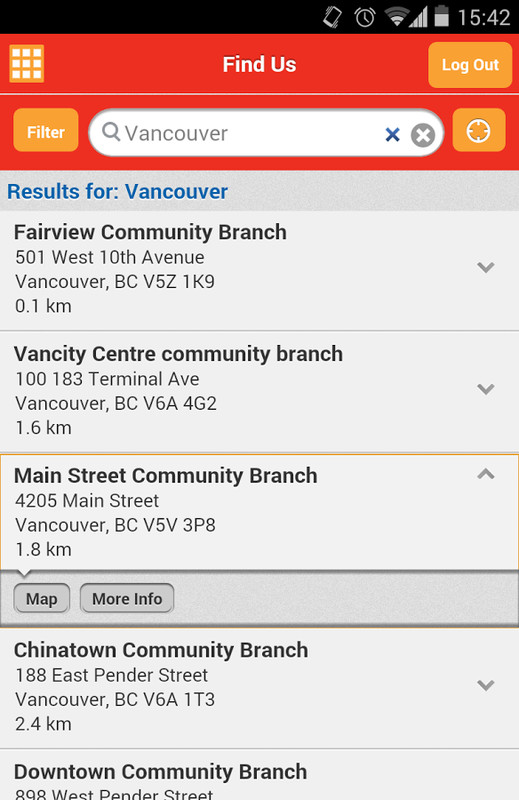

There’s a specific process that needs to be followed.

What that means is that you can’t just withdraw your finds on your own and then redeposit it into your new accounts. Since the new financial institution is requesting a transfer from your old RRSP to your new RRSP, no taxes will apply. This in kind or in cash transfer is arguably the most important part. You’d basically sell your old investments at fair market value and then reinvest in something else at your new financial institution. An “in cash” sale is mandatory if you’re moving your money to a financial institution that doesn’t offer the same investments as your previous one. They’ll basically want to know if you want to do a transfer “in kind,” where you can literally just move your investments to them as is (when available) or if you want them to “sell” all your investments so you can start fresh with the “cash” from the sale. This sounds simple enough, but you should do a few other things to prepare for the transfer.įirst, grab the most recent statement from your investments and bring it to the new financial institution. To get your RRSP transferred to another financial institution or discount brokerage, all you need to do is fill out the paperwork to authorize them to move the funds over.
#Vancity.com mymoney how to
It’s that easy! How to transfer your RRSP Generally, all you need to do is sign one form with your new financial institution, and they’ll take care of the rest. However, porting your Registered Retirement Savings Plan to somewhere else is a surprisingly easy process. You would also likely have to pay a fee when you close your accounts. If you’re not careful, you could end up making withdrawals that could trigger tax implications. Some people may prefer to have all their finances with a single bank, while others are likely tired of fees or lack of returns from their current financial advisor/financial institution.Īt first glance, switching your Registered Retirement Savings Plan may appear difficult. Have you ever wondered how to transfer your RRSP to another financial institution? It’s a legit question if you’re considering a change.

Not sure whether your budget can stretch to cover these fees? Learn more about the costs or chat with a mortgage specialist who can help you figure it out.**This post may contain affiliate links. On top of your down payment, you’ll also need to pay property transfer tax, legal fees, appraisal fees, home inspection fees, home insurance and moving costs. There is a risk that your lease will not be renewedīefore you make a decision, it’s important to understand the total cost of home ownership, including fees, taxes and monthly payments.You have more flexibility to move if or when you need to however, you may be required to move before you’re ready.You pay lower upfront monthly costs, but your monthly payments may increase year over year.You are responsible for fewer (or no) repairs, maintenance, home insurance, property taxes and other costs.You need to commit to ongoing mortgage payments.You may not be able to sell when you want or need to access ready cash.The market will dictate the value of your property.Your may gain financial security for your family or for retirement.You may be able to use your home equity to finance another investment.When it comes time to sell your home, you could be exempt from paying tax on any profit you earn (known as capital gains tax), as long as the home was your primary residence for every year that you owned it.You may be able to earn money by renting out extra space.You need to commit a large portion of your savings to a down payment.You are responsible for repairs, maintenance, insurance, property taxes and other costs.

buying a home before you make a decision. If you do qualify for a mortgage, you may still want to compare the ongoing pros and cons of renting vs. We can help you develop a plan to get there. If you’re thinking about buying a home, there are many factors that may affect your ability to qualify for a mortgage, like your income, job status, savings, debt and other considerations. How do you know if buying a home is right for you? Before you commit to a mortgage, consider the costs, responsibilities and benefits of buying vs.


 0 kommentar(er)
0 kommentar(er)
